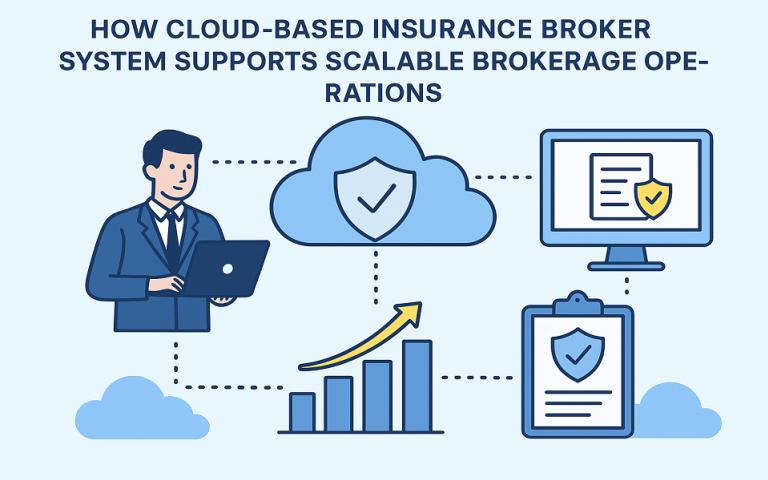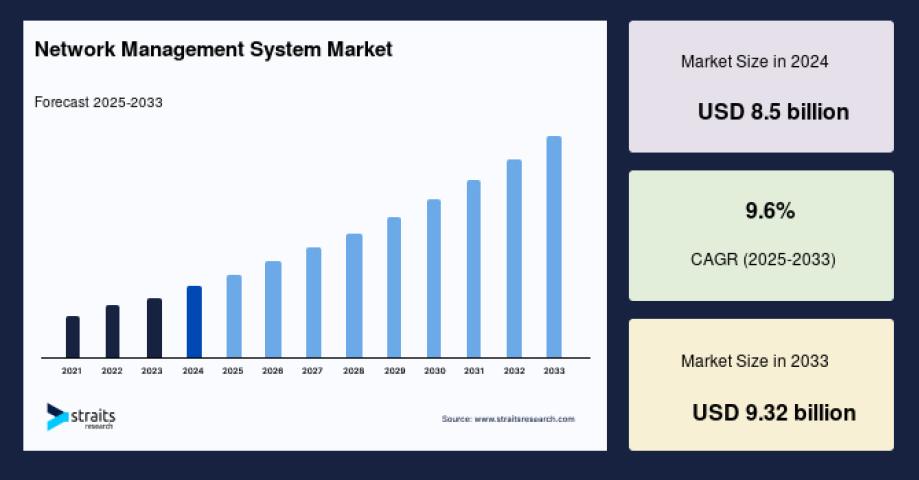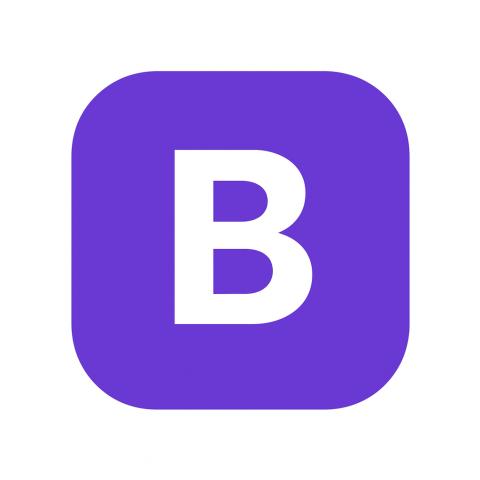Smart Delegation: How Broker Management Software Empowers Agents Without Micromanagement
In the broking realm, leadership walks a tightrope between guiding agents and letting them on their own. Micromanagement kills morale, creates slow growth, and fosters dependency. But how do brokers offer performance and accountability without oversight for every task? The point lies in delegating wisely, and here is where Broker Management Software comes in.
Today, a good BMS is far from just a mere task tracker. Modern broker management systems are designed to empower agents, boost communication, automate workflows, and track visibility without being intrusive. Now, we will look into the ways in which the software that broker management uses promotes smart delegation for the benefit of brokers and agents.
An Autonomy-Centered Centralised Task Management
Broker management software offers a shared platform to assign, track, and review tasks while allowing agents to work in their own way so as not to disrupt their workflow. This automated system provides information and ensures that everyone remains on the same page, with agents assuming the flexibility to work according to their preferences.
For instance, a broker can schedule such tasks as follow-ups with clients, setting up showings, or listing presentations and paperwork deadlines in the software. The agent then receives notification of these tasks, completes the assigned task, and makes entries in the system without incessant follow-ups or reminders from a manager. This hands-off way of interacting will build up trust and accountability between the agent and management.
Clear Visibility Without Interference
Smart delegation means staying informed, not intrusive. BMS dashboards give brokers real-time insights into deals, leads, and performance metrics. Instead of calling agents repeatedly or requesting reports, brokers can simply log in and see the progress.
This fosters a culture of transparency and independence. Agents know they’re accountable, and brokers can step in only when needed, not because they’re unsure.
Automated Workflows to Reduce Manual Oversight
Delegation is easier when routine tasks don’t require manual tracking. Broker management software automates repetitive workflows—like document approvals, lead routing, or reminders for client communications.
These automations reduce the need for micromanagement. Once workflows are set, agents follow the path automatically. Brokers can focus on high-value strategy rather than chasing tasks or timelines.
Goal Tracking & Performance Analytics
The very first thing to set up for support agents is the expectation. A broker management platform will allow you to assign goals to an individual or team, such as calls, appointments, or closings.
It will then follow the progress toward these goals in real-time so that the agents can see how far they are and the brokers can understand whom to help. With such delegation based on the data, decisions are no longer thrown in the air or based merely on gut feel.
Communication That Builds Ownership
Any broker platform will usually include one or more communication tools such as messaging, file sharing, and feedback processes to facilitate collaboration. But here's the catch: it promotes self-ownership.
An agent can check internal resources, send a quick message, or access shared files through the software before calling the broker with an issue. Of course, this mitigates dependencies and fosters confidence.
Role-Based Access and Responsibility Assignment
Smart BMS solutions allow brokers to create roles with specific permissions. This aids in the delegation process with complete clarity. For example, a broker for a luxury listing may have access to marketing templates and premium CRM tools, whereas a junior agent may have access only to client onboarding documents.
The access prevents any confusion or overstepping and ensures that individuals do their duties.
Training Modules and Knowledge Libraries
In the delegation mechanism, failure occurs when agents are not equipped with resources to achieve success. Nowadays, many BMS platforms are equipped with an inbuilt training module, onboarding workflows, and common knowledge libraries.
If the brokering delegates certain tasks, agents may access training resources on the platform when stuck, without having to wait for instructions. This helps maintain a high level of productivity as brokers focus on strategy and growth.
Reduced Burnout and Turnover
Micromanaged environments lead to frustrated agents and high churn. Empowered environments breed loyalty. Broker management software plays a huge role in this culture shift.
By giving agents the tools, visibility, and space to perform, BMS transforms the broker-agent relationship into one based on mutual respect and growth. The result? Better retention, happier agents, and stronger broking performance.
Scalable Growth for Brokerages
As teams grow, managing them without a centralised system becomes chaotic. Broker management software scales with your broking. Whether you have 10 agents or 100, the same delegation principles apply—only now, the software handles the complexity.
Brokers can easily replicate workflows, onboard new agents, assign leads automatically, and maintain quality standards without being hands-on all the time.
The End of Micromanagement is Just the Beginning
Delegation doesn’t mean disconnection. With the right tools, brokers can be strategic leaders who guide without gripping tight. Broker management software creates a workplace where agents are informed, trusted, and accountable.
It’s not just about doing less—it’s about doing better.
Conclusion: Empowerment Over Control
Broker management software is more than a tech tool—it’s a mindset shift. By enabling smart delegation, it turns brokers into empowering leaders and agents into independent performers. The micromanagement era is over.
Today’s winning brokerages are built on trust, technology, and transparency. And the bridge between them? Smart, intuitive broker management software.

















